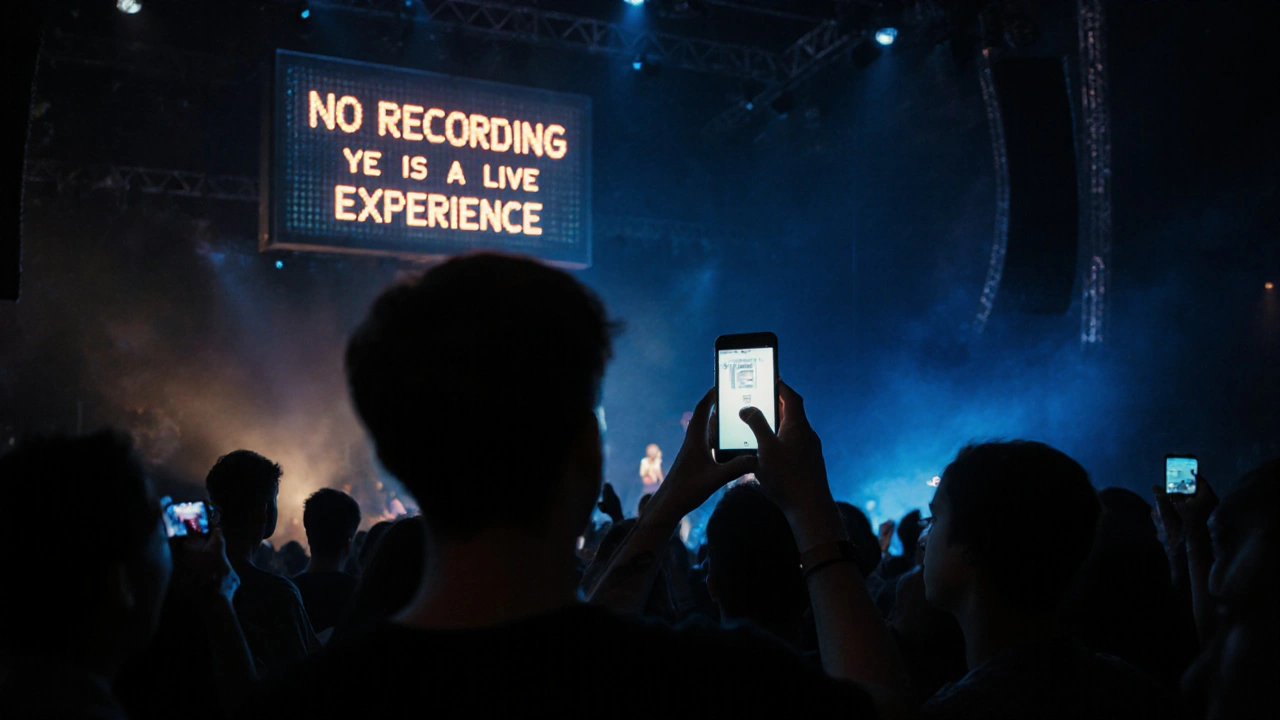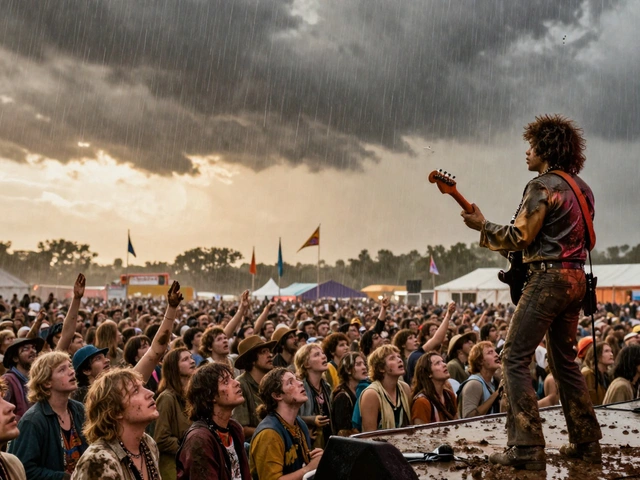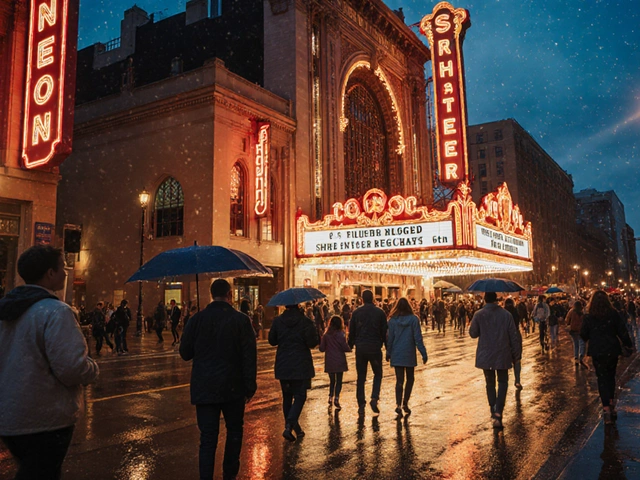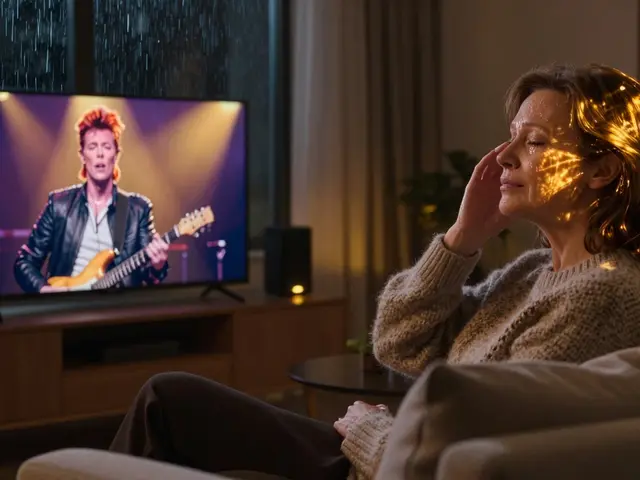Concert Streaming Legality: What’s Allowed, What’s Not
When you stream a concert online, you’re not just watching music—you’re interacting with concert streaming legality, the legal framework governing the live broadcast of performances without official permission. Also known as unauthorized live streaming, it’s a gray zone where fans, artists, and platforms often collide. Just because you can record a show on your phone and upload it doesn’t mean you should. Many fans don’t realize that streaming a live concert without the artist’s or promoter’s consent can violate copyright law, even if you’re not making money from it. The music industry treats these streams like stolen merchandise—because legally, they are.
There’s a big difference between a fan posting a shaky clip of the encore and a full, high-quality broadcast of an entire set. Platforms like YouTube and Facebook have automated systems that detect and remove unlicensed streams, but they don’t catch everything. Meanwhile, official services like nugs, a licensed platform offering archived concert recordings from bands like Phish and the Grateful Dead pay royalties and have direct agreements with artists. That’s why nugs streams are legal, while a random YouTube upload of the same show isn’t. Even if the artist seems to encourage fan videos, like BTS or Taylor Swift, that doesn’t mean full-length, high-fidelity streams are permitted. The rules are set by the record label, the tour promoter, and the venue’s contract—not by how popular the artist is.
Some artists actually rely on unauthorized streams to build buzz, especially early in their careers. But once they sign major deals, those same streams become liabilities. Labels start issuing takedowns, and fans who shared the shows get warnings—or worse. Meanwhile, companies like Pollstar, the leading data provider for the live music industry, now tracks streaming activity to help promoters understand where demand is growing and where enforcement is needed. It’s not just about money—it’s about control. Artists want to decide when, where, and how their live performances are seen.
If you want to watch a concert legally, you’ve got options: official livestreams from Ticketmaster, YouTube Live, or the artist’s own site. Paid services like nugs give you access to thousands of archived shows with clear rights. Free streams? Most are risky. Even if they’re still up, they could vanish overnight—and you could be on the hook if you’re sharing them widely. The truth is simple: if you didn’t pay for access, and the artist didn’t authorize it, you’re likely breaking the law. That doesn’t mean you have to miss out. Just know the difference between a fan moment and a full illegal broadcast.
Below, you’ll find real guides on how to watch concerts legally, what equipment you need to stream your own shows the right way, and how artists are changing the rules to make live music more accessible without crossing legal lines. No fluff. Just what works—and what gets you sued.






